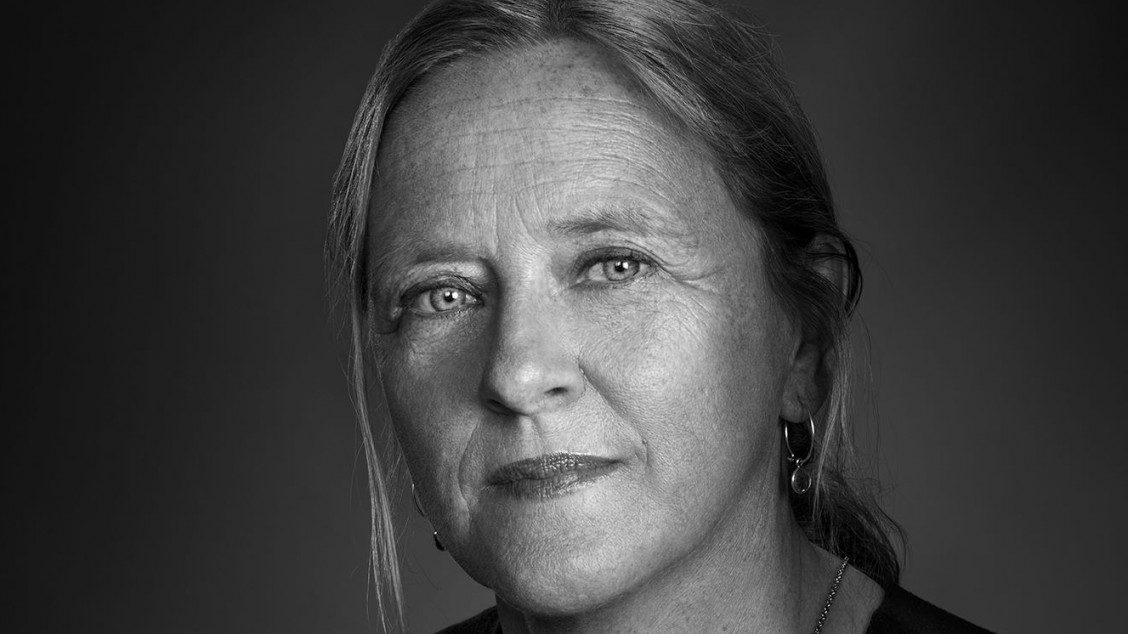Andrea Castagnola, Alejandro Chehtman, Sergio Muro (2024)
Constitutional Reasoning in Latin America and the Caribbean: A Critical Analysis
We are pleased to introduce you the chapter written by our fellow Andrea Castagnola and her colleagues in the book “Constitutional Reasoning in Latin America and the Caribbean: A Critical Analysis”. This chapter analyzes the constitutional reasoning of the Argentine Supreme Court, focusing on its institutional, historical, and legal contexts. Argentina offers a unique study […]
Lise Rakner (2019)
Rakner, L. (2019). "Den gode «fiende»: Fra flyktninger til seksuelle minoriteter". Agenda Magasin, 09.04.2019.
Hvorfor kjører Polens nasjonal-konservative regjeringsparti LHBT-motstand som viktigste valgkamptema foran Europaparlamentsvalget i mai? Under slagordet «Ikke rør barna» har regjeringspartiet «Lov og rettferdighetspartiet» (PiS) i Polen kritisert forslaget til seksualundervisning i skolen. Det er utviklet av Verdens Helseorganisasjon (WHO), og godkjent i landets hovedstad, Warszawa. PiS sterke mann, Jaroslaw Kaczynski, har valgt å gjøre LHBT-spørsmål […]
Lise Rakner (2019)
Rakner, L. (2018). "Democratic Rollback in Africa". In: Cheeseman, N. (2019). The Oxford Encyclopedia of African Politics. Oxford University Press.
There is a global trend of democratic retrenchment across the world, in both new and more established democracies. The African continent is part of the trend, although there are distinct regional variances on the continent. Yet, despite democratic gains in some states and along some dimensions of democratic rights, the overall trend is that the […]
Lise Rakner (2018)
Rakner, L. (2018). "Diktatorens lærebok: Kapittelet om Tanzania". Bistandsaktuelt, 12.11.2018.
Lise Rakner (2018) MENINGER: Det går utforbakke med demokratiet og rettsstaten i Tanzania, skriver professor Lise Rakner. Stormangrepet på alle som kunne tenkes å kritisere regjeringspartiet (CCM) i Tanzania kan så langt i 2018 noterer følgende seire: Den nye Internettloven (Online Content Act) gir regjeringen ubegrenset rett til å overvåke alt som publiseres på nett […]
Lise Rakner (2017)
Agenda Magasin, Akademisk Spalte, 30.10.17 Demokratiet er ingen selvfølge og kan forvitre foran øynene på oss om vi ikke er våkne. Forskere, journalister og aktivister verden over synes å være enige om at den liberale demokratimodellen nå er under sterkt press. I Afrika, Latin-Amerika og Asia, samt USA og Europa, ser vi en paradoksal utvikling: […]
Kendra Dupuy and Aseem Prakash (2017)
Dupuy, K. & Prakash, A. (2017). "Do Donors Reduce Bilateral Aid to Countries With Restrictive NGO Laws? A Panel Study, 1993-2012". Nonprofit and Voluntary Sector Quarterly. doi.org/10.1177/0899764017737384
Foreign aid contributes to about 10% of gross domestic product of developing countries. To distribute aid in recipient countries, Western donors increasingly rely on non-governmental organizations (NGOs). Yet, since the mid-1990s, 39 developing countries have adopted laws restricting the inflow of foreign aid to NGOs operating in their jurisdictions. In response to these restrictions, have […]
Svein-Erik Helle and Lise Rakner (2017)
Helle, Svein-Erik. & Lise Rakner. 2017. “The Impact of Elections: The Case of Uganda”. In Johannes Gerschewski & Christoph Stefes (eds) Crisis in Autocratic Regimes. Boulder: Lynne Rienner, pp. 111-134.
About the book: What makes autocratic regimes vulnerable? Why, in times of crisis, do some of these regimes break down while others weather the storm? This is the puzzle addressed in Crisis in Autocratic Regimes. Taking a long-term perspective, the authors focus not on sudden shocks and ruptures, but instead on gradual processes of disintegration as […]
Siri Gloppen, Bruce M. Wilson, Roberto Gargarella, Elin Skaar, and Morten Kinander (2010)
New York: Palgrave Macmillan 231 p.
Why do courts hold political power-holders accountable in some democratic and democratizing countries, but not in others? And, why do some courts remain very timid while others—under seemingly similar circumstances—become “hyper-active”? These are questions of central theoretical and practical importance in a context of increasing juridification of politics in many parts of the world, combined […]

